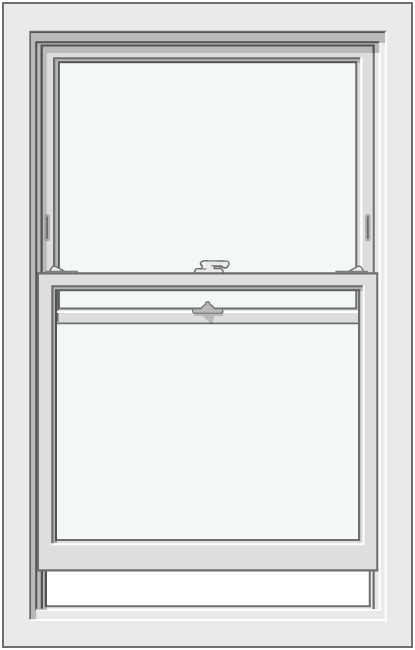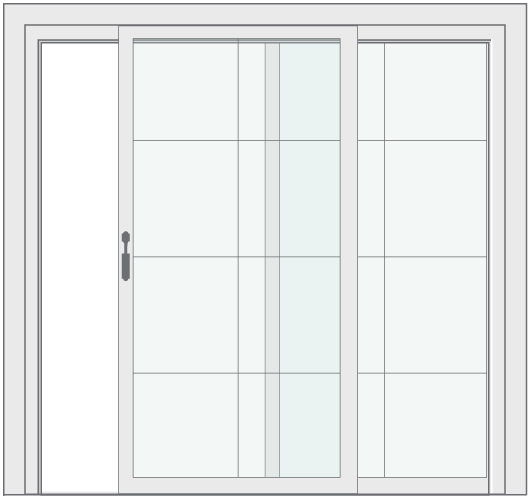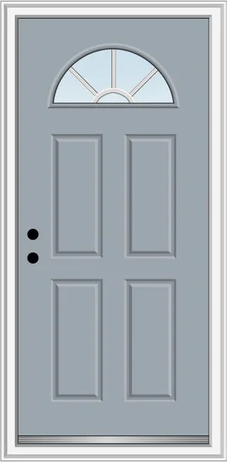 About a week ago, in a moment of weakness and utter disregard for my diet, I stopped and bought a Boston cream doughnut. A miniature, doughnut version of the famous Boston cream pie, each one of these slices of heaven are filled with delicious vanilla filling and topped with a smooth layer of evenly spread chocolate. I know that I should avoid such diet-crippling delicacies but the urge was too great and I had to give in!
About a week ago, in a moment of weakness and utter disregard for my diet, I stopped and bought a Boston cream doughnut. A miniature, doughnut version of the famous Boston cream pie, each one of these slices of heaven are filled with delicious vanilla filling and topped with a smooth layer of evenly spread chocolate. I know that I should avoid such diet-crippling delicacies but the urge was too great and I had to give in!
So I know you asking yourself, what does the gas your replacement windows have to do with a Boston cream doughnut? Well everything actually! See, like I had done no less than a thousand times before, I took my first bite of that sinful doughnut. With suspenseful anticipation I waited to taste the sweet, cold vanilla filling against my tongue and lips as I placed the doughnut firming in my mouth. To my surprise and disbelief however, my first and always largest bite was met with a mouth full of fried dough and no filling! I soon realized that this magic moment was going to fall flat as the doughnut I had been given was under filled or possibly leaked dry!
Like Boston cream doughnuts, replacement windows are also filled with something that makes them better inside, Argon gas. Argon is a non-toxic, inert, clear and odorless gas that comprises slightly less than 1% of the Earth’s atmosphere. This viscous, slow-moving gas has lower convection rates than ordinary air which minimizes convection currents within a window while reducing the transfer of heat across the window surface.
Over the past 11 years, I have helped thousands of Michigan homeowners replace their windows. Throughout these 11 years I have been asked just about every question you could image. Some that are really out there, “Do the windows clean themselves?” and some that are more serious “Do you use subcontractors to install your windows?”. However, there is one question that seems to come up almost weekly, “Does the gas in my new windows leak out over time?”.
Replacement Window Gas Leaks
Congratulations, You have decided to replace the old inefficient windows in your home with new energy-efficient replacement windows. As you begin your exploration into the replacement window jungle, you will quickly learn that almost all replacement windows today are filled with some form of gas to improve their efficiency.
If this gas leaks out however, your new high performance and no doubt expensive windows will quickly become energy deficient portholes to the world beyond your home. So how does the gas between the panes of a replacement window leak out?
Broke Seals
Gone are the days of single pane windows with exterior storms. Most replacement windows sold today contain thermally insulated glass with 2 or 3 chambers of argon gas.
The gas between these various panes of glass has one purpose and one purpose only, to insulate your home. So long as this gas remains in your windows, they remain efficient. Michigan’s harsh climate however, wreaks havoc on the windows in our home, breaking countless seals every year!
As our temperatures rise and fall nearly 100° from winter to summer, the windows in our home expand and contract enormously. As the frames of our windows expand and contract, large amounts of stress are placed on the sealed glass units. Over time these units buckle and the seals break.
Windows with broken seals not only look ugly but under perform their sealed counterparts by as much as 50%! That’s right, if you have windows in your home with broken seals, you are spending 50% more on your utility bill every month than you should be.
Gas Leaks
Will a replacement window with Argon gas filled glass leak over time? The simple answer to this question is yes but let me elaborate…
Gas-filled windows will leak over their lifespan – as much as 1% per year. This gradual gas leakage is affected by multiple factors including window quality, method of installation, climate, and altitude of exposure.
According to the National Glass Association, so long as 80% of the gas remains in spite of gradual leakage over time, a window can be expected to maintain it’s effectiveness. So if we assume a windows is losing 1% of its gas every year, even a window that is 20 years old is still considered to be effective at insulating your home.
If the leak is significant however, the window will no longer be an effective thermal barrier against the outside elements and will need to be replaced. Cracked or smashed windows will lose their gas instantly causing them to fog. The only true way to detect the presence of gas in a thermal pane window is to use a special electronic gas detection device. Most replacement window companies have these devices and can assist you in getting a better understand of your current window situation.
This informative article has been brought to you by the window professionals at Pure Energy Window Company. Pure Energy is a Family Owned and Operated Replacement Window Company servicing all of Southeastern Michigan and Lansing. If the windows in your home have broken seals or if you are just curious about their overall performance, give Pure Energy a call today to schedule a FREE In-Home Window Consultation with one of our window experts! Call (844) 449-9990 or click on the link below to get started TODAY!
Free No-Obligation Consultation
Request your free no-obligation window replacement consultation with Pure Energy Window.
Lock in Your $1,000 Savings By Clicking Here »












